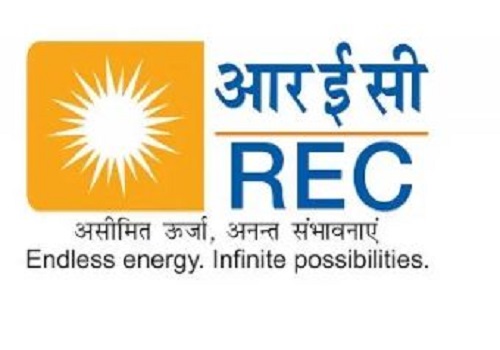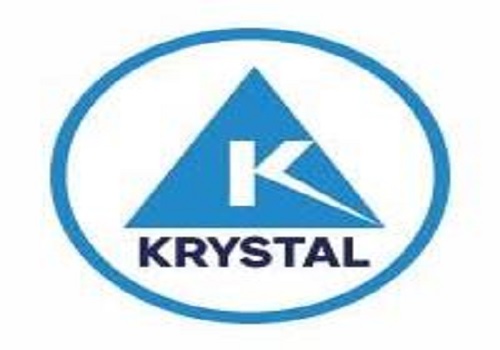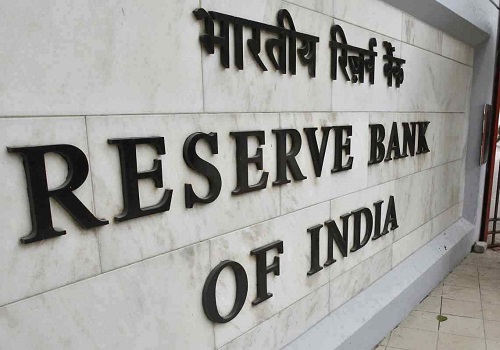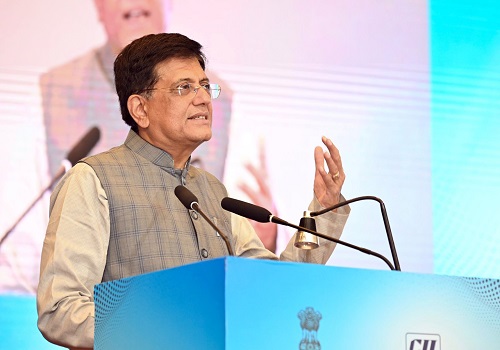Cabinet greenlights Chennai Metro Rail phase II with Rs 63,246 crore outlay
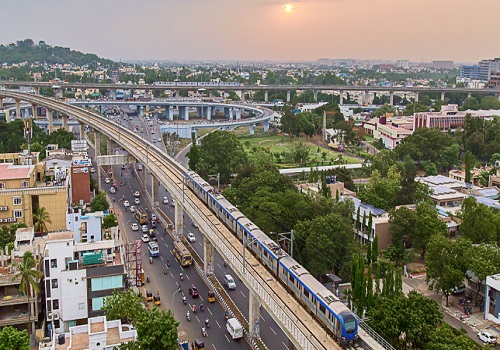
The Union Cabinet on Thursday approved the Chennai Metro Rail project's Phase II, comprising three corridors with Rs 63,246 crore outlay.
The total length of the approved lines will be 118.9 km with 128 stations comprising three corridors - Madhavaram to SIPCOT, Light House to Poonamallee Bypass, and Madhavaram to Sholinganallur.
The construction and operation of Phase II will generate numerous jobs in various sectors, from construction workers to administrative staff and maintenance personnel.
Once Phase II is fully operational, Chennai city will have a total Metro Rail network of 173 km, a Cabinet communique said.
"The Phase II of the Chennai Metro Rail Project represents a significant advancement in the city's infrastructure development. Phase II acts as a major expansion of the Metro Rail Network in the city," it said.
The corridors connect North to South and East to West of Chennai, passing through the major influence areas at Madhavaram, Perambur, Thirumayilai, Adyar, Sholinganallur, SIPCOT, Kodambakkam, Vadapalani, Porur, Villivakkam, Anna Nagar, and St. Thomas Mount, connecting large number of industrial, commercial, residential and institutional establishments. These will also provide effective public transport for the workforce engaged in these clusters and connectivity to various parts of the city.
"It will extend connectivity to rapidly-growing areas like Sholinganallur, which serves as a hub for the south Chennai IT corridor. By connecting Sholinganallur via ELCOT, the metro corridor will cater to the transportation needs of the burgeoning IT workforce," the communique added.
The addition of the Phase II Metro Rail Project and the increase in the overall Metro Rail Network in Chennai can significantly reduce carbon emissions compared to traditional fossil fuel-based transport. The Cabinet said that the enhanced connectivity can stimulate local businesses, especially in areas near new metro stations which can also attract investment and development in previously less accessible regions.
